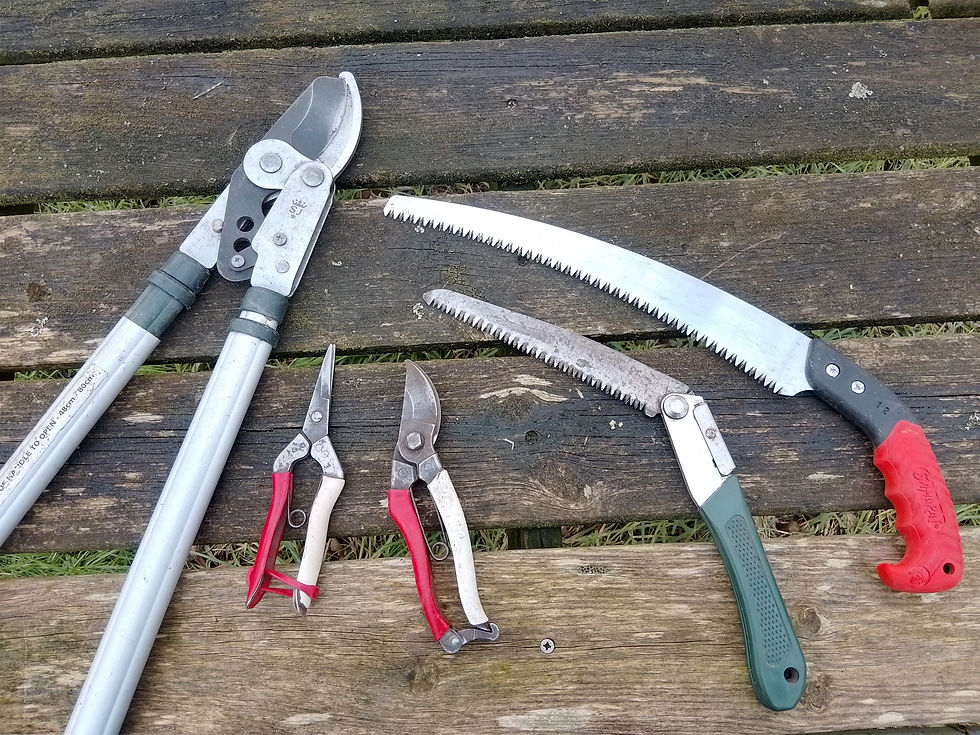How you can become a better gardener
- Nancy Lowe

- Jun 8, 2020
- 2 min read
Good gardening is all about noticing what's going on.
Notice what your soil is like when your plants are healthy. Notice what it's like when they're not. How does it look? How does it feel? What is different about an area with healthy soil and that with unhealthy soil? How can exposed soil be protected for the benefit of your plants?
Notice when drought begins and which plants it hits first. What is going on there? What story can be told about these plants? Are they in the wrong place? Did they miss out on some TLC during their first year in the ground? Are they getting swamped by other plants? What's life like for them and how can you enter their story, act as their champion and give them a happy outcome?
Notice which parts of the garden are taking up more of your time. What problems are you always drawn to sort out? Why are these problems there? Are self seeding plants causing mayhem as they don't get weeded in time to stop seeds? Is planting too sparse, allowing soil to bake hard in the sun and meaning weeding is a struggle and plants fail to thrive? Are pests destroying the same plants each year and if so, why are those plants so weakened that pests always get a toe hold? Do you have very vigorous creeping plants that demand a lot of attention to stop them romping over all the more well behaved clumping plants? What can you do about this? What do you have time for each year? Should you let any plants go?
How we look after our gardens is such a personal thing. When we begin to notice how the garden responds to our care (or lack of it!), we begin the lifelong dance that is 'becoming a great gardener'. Some gardens take a lot of work and that suits gardeners with ample time and energy to devote to them. But equally beautiful gardens can be maintained by the time-poor gardener, given careful plant choices and enough attention to their health and care needs.








Thank you for this